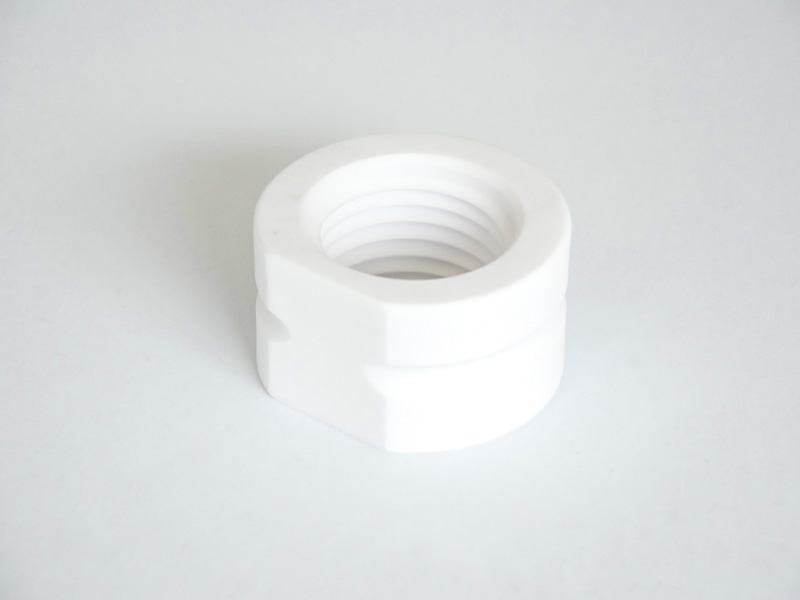Ceramic seal rings are a type of mechanical seal that are used in a wide range of industrial applications to prevent leakage of fluids or gases. They are particularly useful in high-temperature, high-pressure, or aggressive chemical environments, where traditional metallic seals may fail.
Ceramic seal rings are made of a variety of different materials, including silicon carbide, alumina, and zirconia. Silicon carbide is the most commonly used material, due to its excellent strength, high thermal conductivity, and high chemical stability. Alumina is also a popular choice, due to its excellent wear resistance and high mechanical strength. Zirconia is also used, due to its exceptional high-temperature resistance and good chemical stability.
One of the key advantages of ceramic seal rings is their exceptional resistance to high temperatures. They can withstand temperatures up to 1800°F (980°C), making them ideal for use in high-temperature applications such as power generation, chemical processing, and refining. They also have a low coefficient of thermal expansion, which helps to minimize the effects of thermal cycling, and ensures a tight seal even as temperatures change.

Another major benefit of ceramic seal rings is their high chemical resistance. They are resistant to almost all acids, alkalis, and organic solvents, and can be used in applications where aggressive chemicals are present. They also do not react with most fluids, and are therefore ideal for use in applications where fluid compatibility is a concern.
Ceramic seal rings also have a very low coefficient of friction, which helps to minimize wear and prolong their service life. They have a very hard and smooth surface that is resistant to abrasion, and they do not stick or adhere to other surfaces, which helps to minimize frictional wear.
One of the challenges of using ceramic seal rings is that they can be brittle and can be easily damaged if not handled or installed properly. They are also more expensive than traditional metallic seals. However, the advantages of ceramic seal rings in terms of their high-temperature resistance, high chemical resistance, and low coefficient of friction make them a worthwhile investment for many industrial applications.
In conclusion Ceramic seal ring are a type of mechanical seal that have excellent heat resistance, chemical resistance and low coefficient of friction which makes them suitable for high-temperature, high-pressure, or aggressive chemical environments where traditional metallic seals may fail. They are commonly made of silicon carbide, alumina, and zirconia, but Silicon carbide is the most commonly used material due to its excellent strength, high thermal conductivity, and high chemical stability. Although they are more expensive than traditional metallic seals and brittle to handle, the benefits they bring in certain applications are worth the investment.
 EN
EN
 Chinese
Chinese






